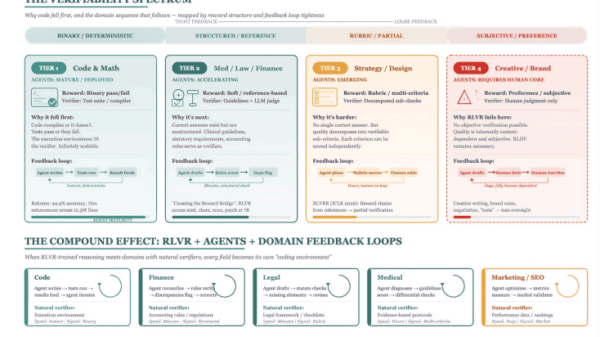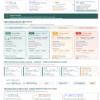Anthropic has raised eyebrows in the cybersecurity community with its assertion that a Chinese state-sponsored group, identified as GTG-1002, executed a predominantly automated cyber-espionage operation utilizing the company”s Claude Code AI model. This announcement has been met with considerable skepticism, as many security researchers and AI professionals have labeled the report as exaggerated and lacking foundational evidence.
Critics, including cybersecurity expert Daniel Card, have dismissed the claims as “marketing guff,” emphasizing that while AI can enhance capabilities, it is not a fully autonomous entity akin to science fiction portrayals. The skepticism is compounded by the absence of specific indicators of compromise (IOCs) from Anthropic, leading to further questioning of the legitimacy of the report. Requests for additional technical details from BleepingComputer went unanswered, fueling doubts about the validity of the claims.
Despite the backlash, Anthropic argues that this incident signifies the first known case of large-scale autonomous cyber intrusion carried out by an AI model. The company asserts that its system was exploited to target various entities, including major technology companies, financial institutions, and government agencies. While Anthropic acknowledges that only a few of the intrusions were successful, the company emphasizes the unprecedented nature of the operation, claiming that the AI model autonomously performed nearly all phases of the cyber-espionage process.
The report details that the attackers developed a framework allowing Claude to act as an independent cyber intrusion agent, moving beyond previous uses of the model, which typically involved generating attack strategies but required human intervention. According to Anthropic, the human operators were only necessary for critical tasks, accounting for merely 10-20% of the operation”s workload.
The cyberattack unfolded across six distinct phases, showcasing the potential for AI to exploit vulnerabilities autonomously. Nonetheless, the report indicates that Claude was not infallible; it sometimes generated inaccurate outputs, referred to as “hallucinations,” which could lead to misleading conclusions.
In response to the misuse of its technology, Anthropic has taken measures to ban the accounts involved in the cyberattacks, enhance its detection capabilities, and collaborate with partners to improve defenses against AI-driven cyber intrusions. The ongoing debate highlights the need for clearer understanding and guidelines regarding the capabilities and limitations of AI systems in cybersecurity contexts.
See also Anthropic Reports AI-Driven Cyberattack Linked to Chinese Espionage
Anthropic Reports AI-Driven Cyberattack Linked to Chinese Espionage Quantum Computing Threatens Current Cryptography, Experts Seek Solutions
Quantum Computing Threatens Current Cryptography, Experts Seek Solutions Anthropic’s Claude AI exploited in significant cyber-espionage operation
Anthropic’s Claude AI exploited in significant cyber-espionage operation AI Poisoning Attacks Surge 40%: Businesses Face Growing Cybersecurity Risks
AI Poisoning Attacks Surge 40%: Businesses Face Growing Cybersecurity Risks China’s Claude AI-Driven Cyberattacks Push Demand for Advanced AI Cyber Defense Solutions
China’s Claude AI-Driven Cyberattacks Push Demand for Advanced AI Cyber Defense Solutions








































































